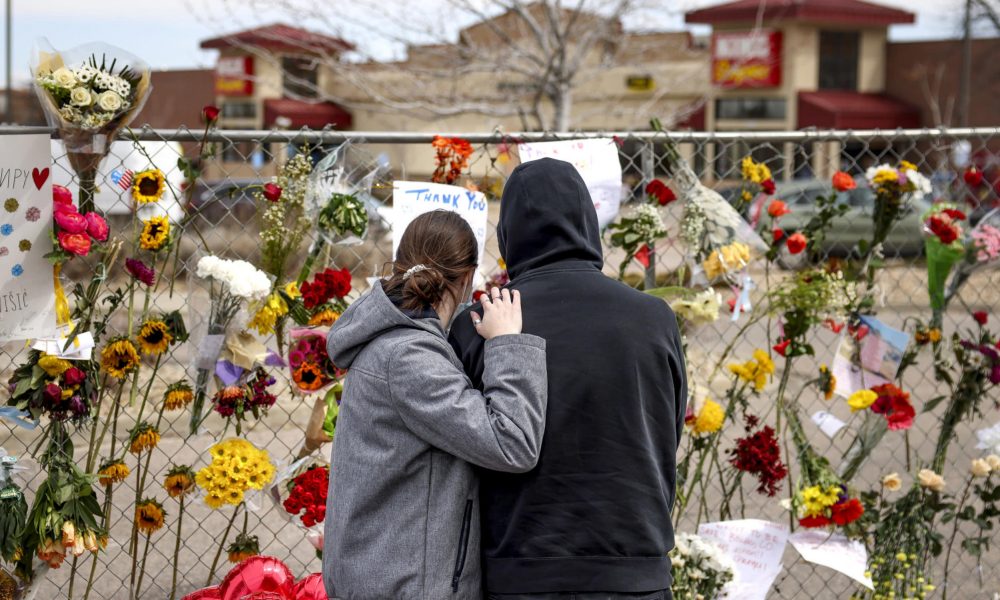Within the last few months, America has witnessed over 140 mass shootings. Now, experts are suggesting the uptick in gun violence is related to a contagious effect.
What We Know:
- As more pandemic restrictions are lifted nationwide, mass shootings are back on the rise. With back-to-back shootings over the weekend, professionals are holding to a theory that suggests that widely publicized incidents increase the chances of mass shootings to follow.
- Jillian Peterson, associate professor of criminology and criminal justice at Hamline University in St. Paul, Minnesota, and co-founder of The Violence Project, a nonprofit research center, explained the process stating, “We do know that those types of mass shootings are contagious, that they tend to spread through things like the media and social media. Those people who are maybe vulnerable see themselves in other perpetrators who do this, people who already have kind of their own history of trauma, who are maybe feeling suicidal, who are in crisis, who have access to weapons, they see one make national headlines, and there is this copycat effect.”
- Peterson’s research has found that mass shooters often suffer from trauma, a need for validation, access to weapons, and reaching a crisis point are common risk factors for mass shooters. Shooters have become notorious for their violent crimes, with the media blasting their names and faces on cable news and across social media for days. A 2015 study found that such coverage heightens the probability of similar incidents for an average of 13 days after the event.
- Like Peterson, clinical and forensic psychologist Joel Dvoskin stated that separating mass shooting prevention from suicide prevention is a mistake. “If you think about it, whenever somebody decides to kill a bunch of people, they’re deciding to end their life as they know it,” Dvoskin said. “Nobody goes back to their job. Nobody goes back to their family. Either they kill themselves, or they make sure that the police kill them, or they go away for the rest of their life to either prison or a hospital.”
- Others warn there are too many other factors at play outside of the contagious effect. Dr. Jonathan Metzl, director of medicine for Vanderbilt University in Tennessee, hesitated to put too much emphasis on individual motives. “I just think that there needs to be much more common ground and common cause in terms of that research, policy, intervention, alliance,” he added.
If you or someone you know is in crisis, call the National Suicide Prevention Lifeline at 800-273-8255, text HOME to 741741, or visit SpeakingOfSuicide.com/resources for additional resources.



